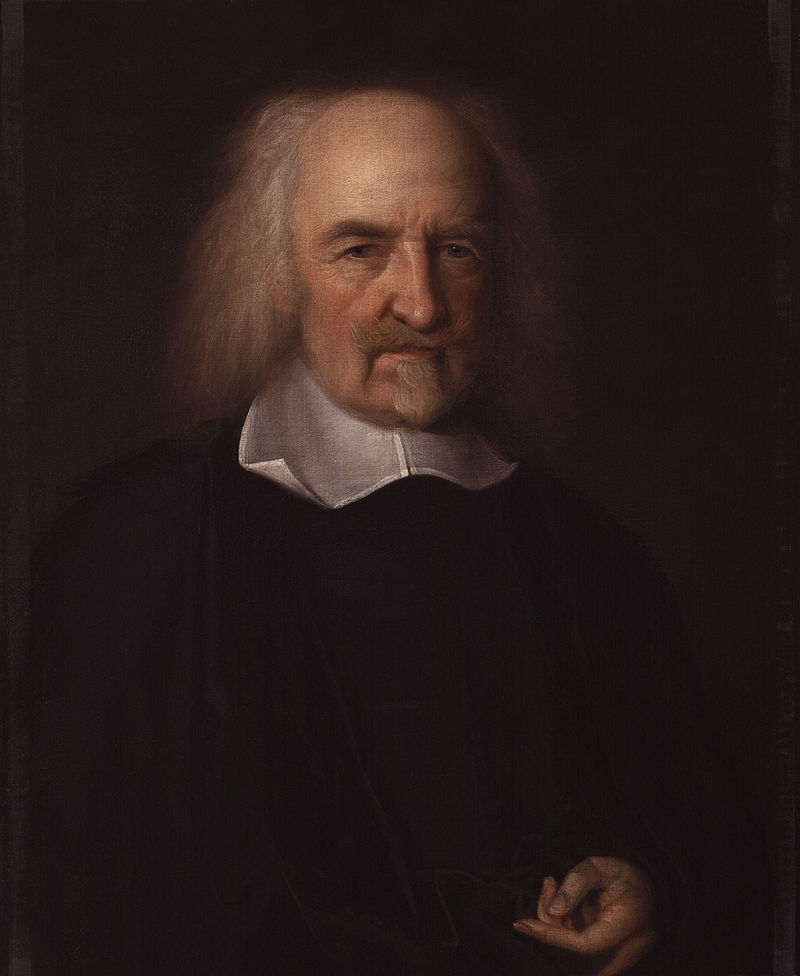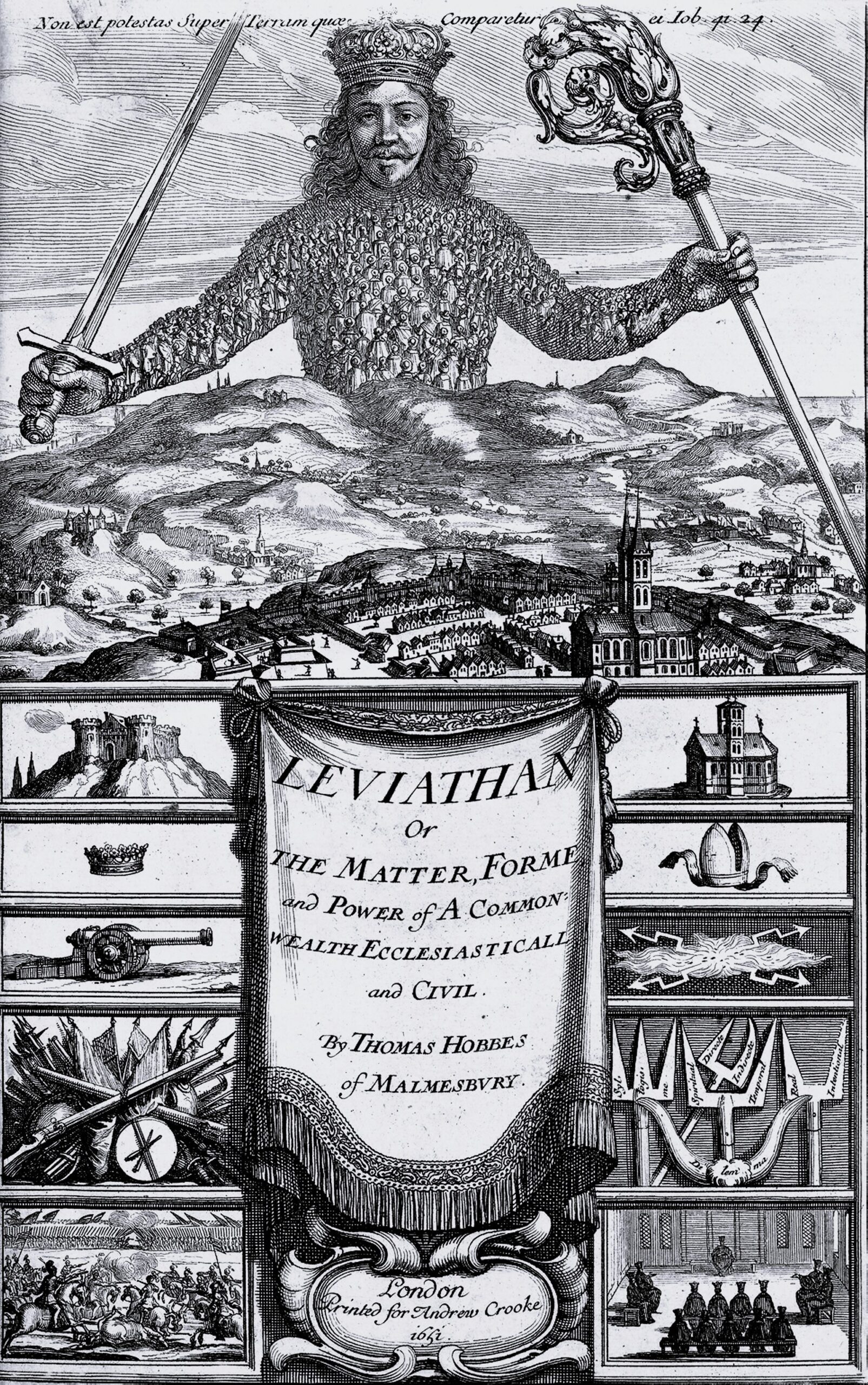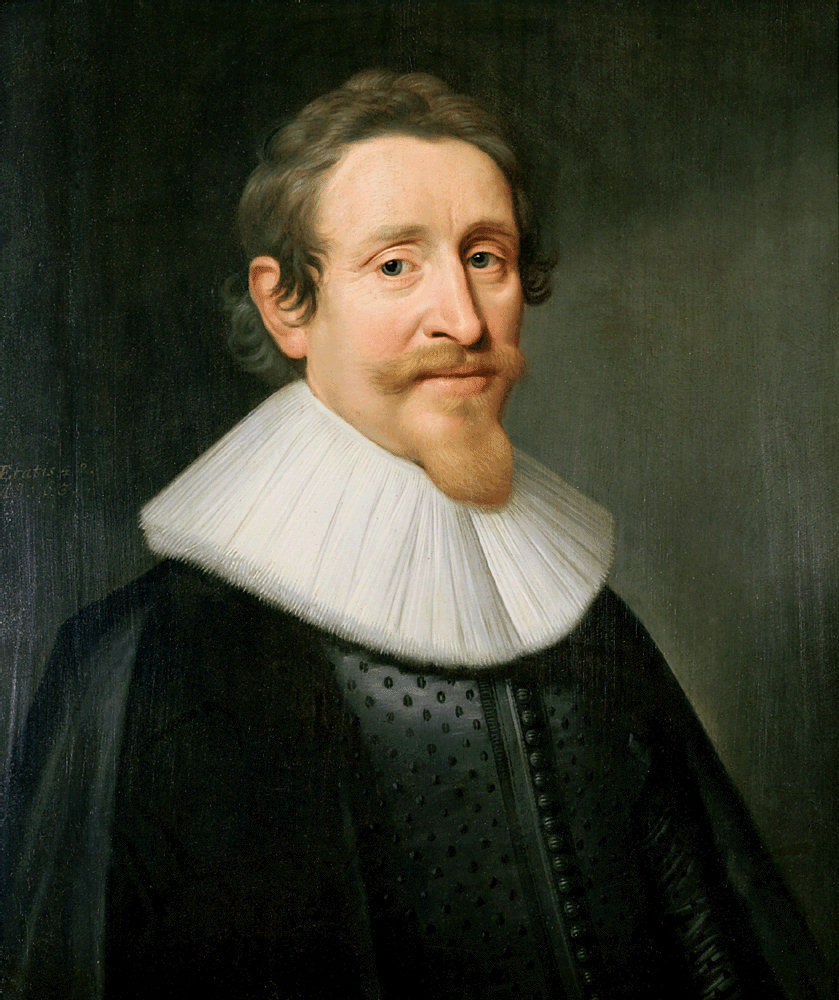Category: History of Philosophy
-
Martin Luther: A Theological Revolutionary
During the Middle Ages, people viewed the Church as superior to the State, believing it held authority directly from God. According to the doctrine of the “Two Swords,” the Church wielded spiritual power even over rulers, who governed worldly matters but remained subordinate in matters of faith and morality. The Pope could crown or excommunicate…
Written by

-
Hobbes and the Invention of Political Individualism
During the Reformation, conceptions of secular authority and obedience underwent profound transformation. Martin Luther’s early position emphasized absolute obedience to rulers as divinely ordained. However, this stance evolved, especially in response to political and theological crises. Over time, it led to the idea that rulers who violated divine or natural law lost their legitimacy. Among…
Written by

-
The Senses of Morality: Hobbes’s Materialist Vision
One more thing comes to mind. Quentin Skinner once noted that the 17th century, particularly the period from 1640 to 1650, was a critical time for the development of modern political theory. The key authors we will discuss today are Thomas Hobbes, with his work Leviathan (1651), and John Locke, with Two Treatises of Government…
Written by

-
Grotius and Natural Law: From Divine Order to Human Reason
During the Scientific Revolution, traditional views of human nature underwent a radical transformation. Thinkers like Francis Bacon and René Descartes introduced a more materialistic and mechanistic understanding of what it means to be human, moving away from religious and metaphysical frameworks. Thinkers began to view humans as part of the natural world, functioning according to…
Written by
